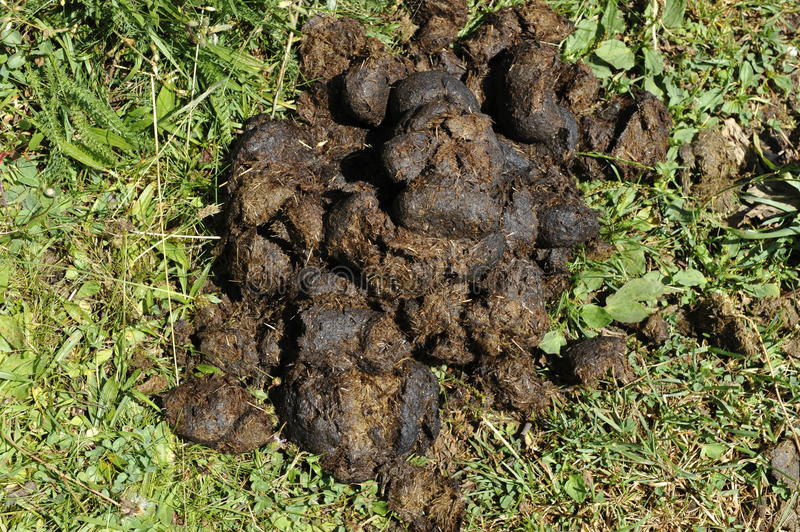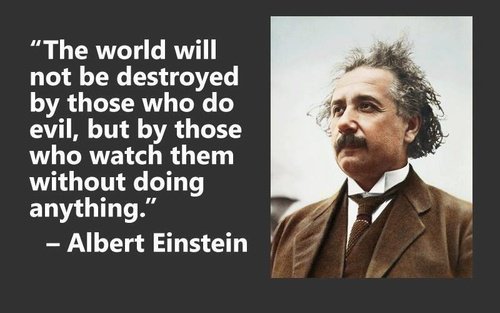Tieing together the threads of agency, ecological awareness, and social cohesion helps to envision a transformative path forward for the #openweb. Focusing on “Us” Over “Them”, focusing on “us” rather than “them” is grounded in practicality. We have influence over our own communities and movements, while exerting control over entrenched corporate powers like the #dotcons is limited and fraught with risk.
Mandating interoperability bridges systems, breaking monopolies and fostering open collaboration. However, #mainstreaming lobbying and PR by corporations are significant risks to these paths, so any legislative push must come with robust grassroots advocacy. Privacy/data laws, could backfire under corporate influence. This strong open community involvement is essential to avoid harmful outcomes that entrench corporate power while undermining freedoms.
The ecological and social metaphor, analogy of composting connects the ecological and social crises. “Common sense” as capitalism or conservatism is a shallow construct, rooted in entrenched power structures and outdated norms. Composting represents the transformative process needed to break down this “shitpile” and nourish new growth.
Human “leaking”, people inherently “leak data and metadata” is insightful. Instead of trying to prevent this natural behavior, we focus on mediating and redistributing control of these flows in ways that are healthy and liberating. Fighting over these flows, as we see in current “#geekproblems,” only blocks human society, hindering the change and challenge needed to address issues like #climatechaos.
The rise of postmodern relativism and bad faith actors is a significant barrier to social change. Mediating this problem resonates, as unchecked postmodernism erodes trust and creates endless cycles of cynicism. The #4opens as a constitution, by embedding the #4opens into the DNA of projects like the #OMN, you can create a framework that:
- Anchors trust and transparency in a “post-truth” world.
- Supports diversity and pluralism while resisting co-option by bad actors.
- Encourages collective agency by providing a stable foundation for digital commons.
To escape the current “common sense,” we need to build alternative spaces grounded in social value. The #OMN, driven by the #4opens, can act as a scaffold for this transformation, fostering digital commons where meaningful change flourishes.
Steps we can take: Invest in bridge technologies: Expand the use of #ActivityPub and #RSS to connect people and platforms organically. Focus on Localism: Strengthen community-run servers and federated systems to build resilient networks from the ground up. Challenge Corporate Narratives: Advocate for laws and systems that prioritize interoperability and openness, while resisting harmful privacy/data policies. Normalize Composting as a Metaphor: Encourage broader acceptance of composting as both an ecological and cultural imperative—breaking down the “shitpile” to nourish growth.
Emphasis on liberating spaces and fostering creativity as a foundation for a thriving, equitable #openweb. By composting the failures of the past and focusing on collective agency, we lay the groundwork for a future worth building. 🌱



